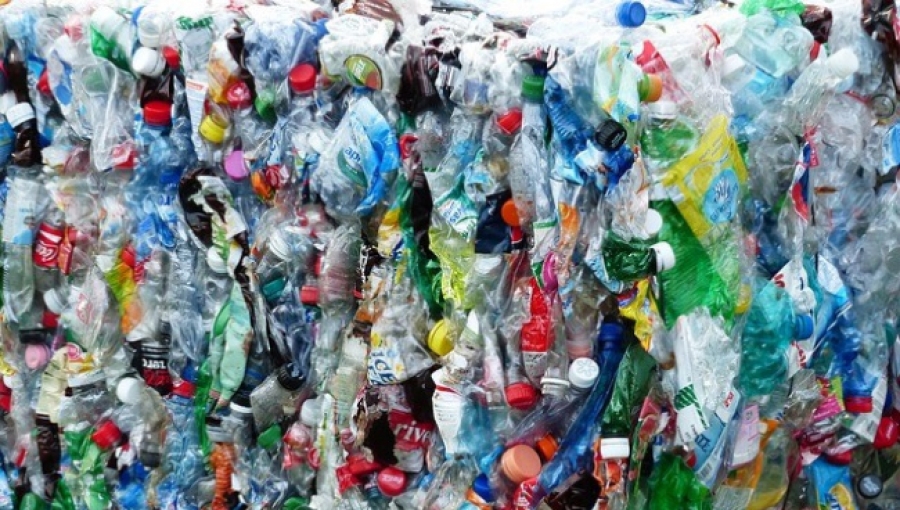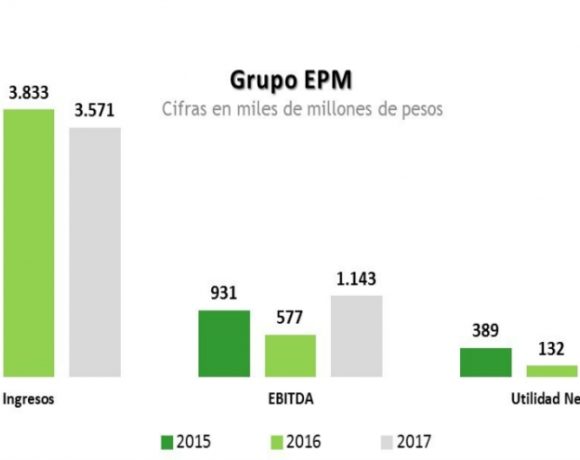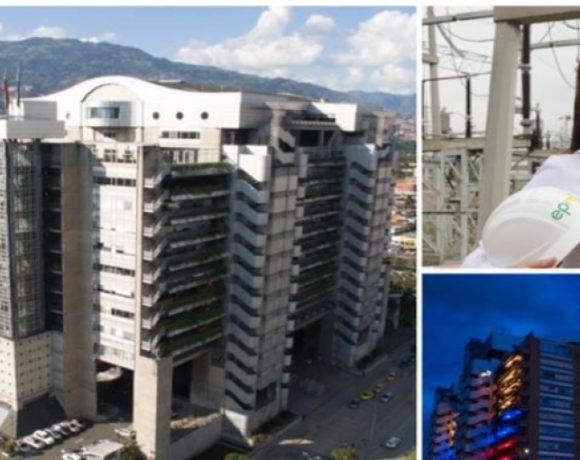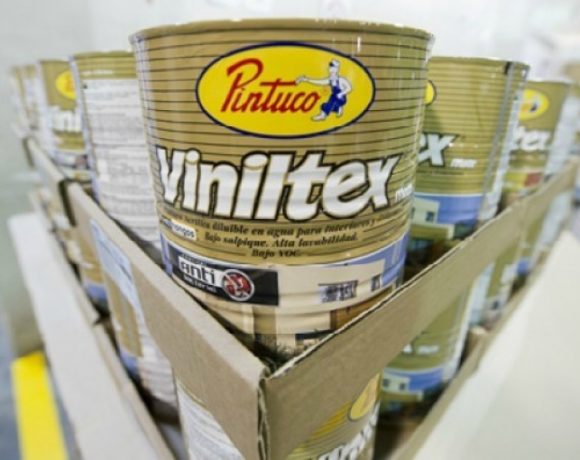Enka 3Q 2019 Net Income More-Than-Triples Year-on-Year

Medellin-based textiles and plastic-bottles recycling specialist Enka Colombia reported November 8 that its third quarter (3Q) 2019 net income hit COP$6.9 billion (US$2 million), up sharply from COP$1.8 billion (US$539,000) in 3Q 2018.
Earnings before interest, taxes, depreciation and amortization (EBITDA) likewise rose, to COP$26 billion (US$7.8 million), versus COP$19.8 billion (US$5.9 million ) in 3Q 2018, “favored by the devaluation of the [Colombian] peso” versus the U.S. dollar, according to Enka.
“Sales to the U.S. market [measured in Colombian pesos] increased participation to 13% of total sales, replacing less-profitable sales to other destinations,” according to Enka.
Meanwhile, collection and recycling of PET (polyethylene terephthalate) plastic bottles “reached historical highs, covering all the demands of our current recycling plants, which makes a new ‘EKO-PET’ plant viable, with a [required] investment of US$28 million,” according to the company.
The new plant — which will be located in the current Enka facilities just north of Medellin — enables “significant synergies in land, buildings, machinery already approved for the project and industrial services, which allow the investment to be significantly reduced,” according to the company.
“The new plant will have a capacity of 24,000 tons per year and is expected to enter into operation in 2022. With this investment Enka becomes one of the largest PET ‘bottle-to-bottle’ plants worldwide, reaching a total capacity of 42,000 tons of ‘EKO-PET’ per year.
“In addition, this new investment will allow Enka to double its collection levels, going to 63,500 tonnes per year of post-consumer bottles, which will significantly improve recycling rates in Colombia, offering great benefits for the environment and the recycling sector,” the company added.
In the latest quarter, total corporate sales rose 1% year-on-year, to COP$306 billion (US$91.6 million), “mainly due to the higher [COP to U.S. dollar] exchange rate for the period, which offset the lower sales volume. Exports totaled US$43 million, representing a 46% share of total sales, similar to the previous year,” according to Enka.
Meanwhile, net liabilities declined by COP$8 billion (US$2.4 million), to COP$202 billion (US$60 million), “mainly due to the decrease in the financing of letters of credit, which compensates the increase in debt for investment projects,” according to Enka.
“National revenues grew by 3%, driven by the increase in the TRM [tasa representativa del mercado, the number of pesos to the U.S. dollar as calculated by Colombia’s Banco de la Republica], which offset the 2% lower sales volume, compared to the situation of higher sales in 2018 during the implementation of the minimum import thresholds” on foreign textile imports.
Export revenues decreased by 2%, “mainly due to lower external sales of ‘EKO-Fibers,’” according to Enka.
However, “EKO-Fibers” sales to the North American market netted a 42% income boost and accounted for 13% of total “EKO-Fibers” sales, “compensating the lower demand in Brazil and replacing less profitable sales to other destinations,” according to Enka.
As for “EKO-PET” sales, which totaled 12,600 tonnes, this volume remained stable and enables Enka to produce this product at maximum capacity.
As for “EKO- Polyolefins” sales, volume rose 180%, to 542 tonnes, the company added.
In the conventional textile businesses, cumulative sales totaled COP$212 billion (US$63 million), accounting for 70% share of total revenues. Exports accounted for US$39.7 million of total textile sales.
As for industrial threads, sales dipped 7% year-on-year, to 9,352 tonnes, “mainly due to lower demand for tire tires in Brazil and Mexico. The increase in sales of special technical threads to the North American market has improved the profitability of this line, replacing more demanding destinations.,” according to Enka
As for textile filaments, sales declined 5%, to 8,031 tonnes, “mainly due to the situation of higher sales in 2018 due to the implementation of minimum import thresholds and lower sales to Argentina,” according to the company.
















